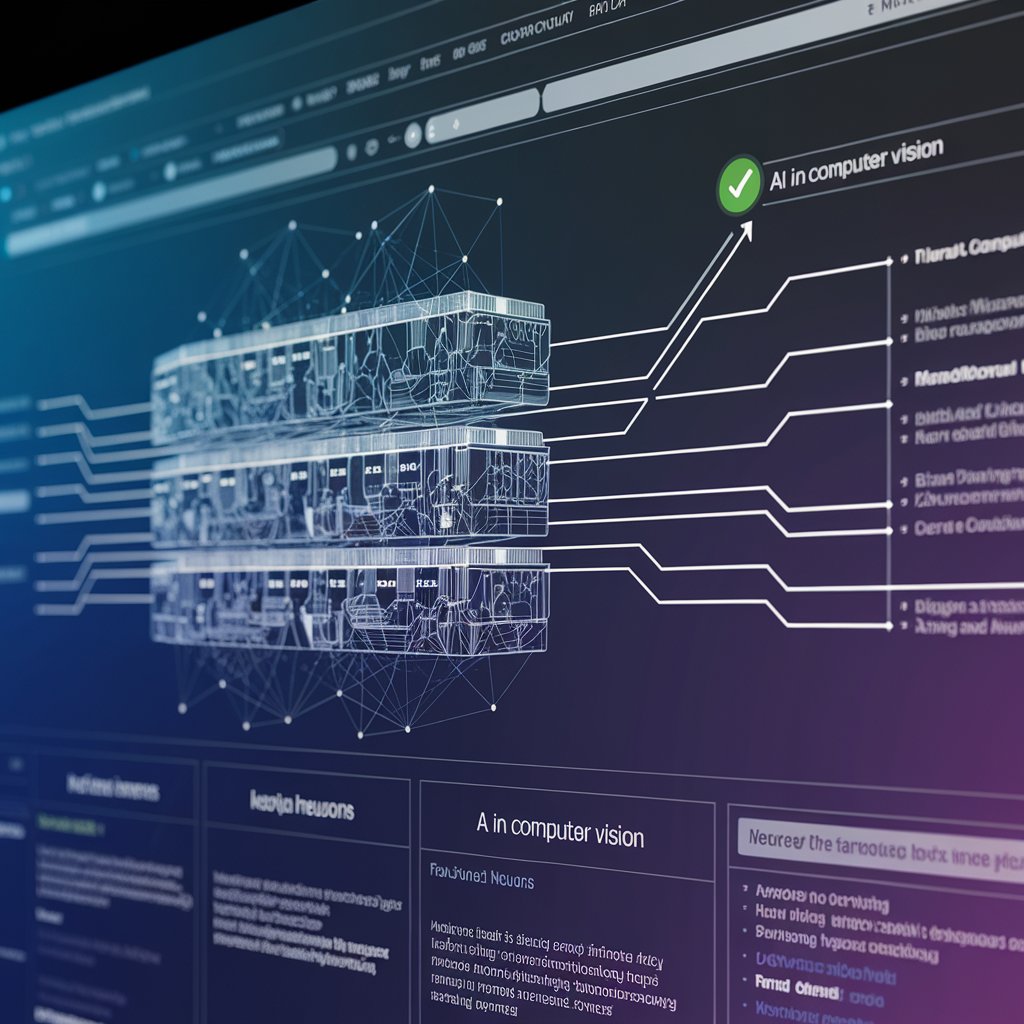The field of artificial intelligence (AI) for computer vision is rapidly evolving, creating a wealth of investment opportunities. As organizations across various sectors leverage computer vision technologies to enhance efficiency, accuracy, and decision-making, venture capital funding in this space has surged. This article explores the investment landscape, key areas of focus, government support, risk analysis, and successful case studies in AI for computer vision.
The Investment Landscape
The global AI in Computer Vision Market Size is expected to be valued at USD 17.2 Billion in 2023 and is projected to reach USD 45.7 Billion by 2028; it is expected to grow at a CAGR of 21.5% from 2023 to 2028.
Venture Capital and Funding Trends
Venture capital investment in AI for computer vision has skyrocketed in recent years. According to industry reports, funding in this sector increase compared to previous years. Key trends driving this funding include:
Increased Focus on Automation: Businesses are investing heavily in AI technologies to automate tasks, improve operational efficiency, and enhance customer experiences.
Adoption Across Industries: Industries such as healthcare, automotive, retail, and manufacturing are increasingly incorporating computer vision solutions, attracting venture capital interest.
Startups and Innovation: A growing number of startups are emerging with innovative solutions, prompting significant investment as firms seek to capitalize on their potential.
Download PDF Brochure @ https://www.marketsandmarkets.com/pdfdownloadNew.asp?id=141658064

Key Investment Areas
1. Healthcare
Computer vision applications in healthcare, such as diagnostic imaging and patient monitoring, are gaining traction. AI can assist in detecting diseases from medical images, improving accuracy and speed. Investments in startups developing advanced imaging technologies or AI-driven diagnostics represent significant opportunities.
2. Autonomous Vehicles
The automotive industry is undergoing a transformative shift with the development of autonomous vehicles. Computer vision technologies are crucial for navigation, obstacle detection, and safety systems. Investing in companies focused on developing these technologies can yield high returns as the market for autonomous vehicles expands.
3. Retail and E-commerce
In retail, computer vision is being utilized for inventory management, customer analytics, and checkout solutions. With the rise of e-commerce and contactless shopping experiences, companies that develop computer vision tools for enhancing customer interactions and operational efficiency present attractive investment opportunities.
4. Manufacturing and Quality Control
AI for computer vision is revolutionizing manufacturing processes, enabling real-time quality control and predictive maintenance. Investments in technologies that enhance production efficiency and reduce downtime can lead to substantial returns, particularly as manufacturers adopt smart factory solutions.
5. Security and Surveillance
The demand for enhanced security solutions is driving investments in computer vision applications for surveillance and anomaly detection. Companies that provide advanced surveillance systems leveraging AI technology are well-positioned for growth.
Government and Institutional Support
Government and institutional support plays a pivotal role in fostering innovation in AI for computer vision. Many countries are investing in research initiatives, grants, and incentives to promote AI development. For instance:
Funding Programs: Governments often provide funding for research projects focused on AI applications in various sectors, including healthcare and automotive.
Public-Private Partnerships: Collaborations between government agencies and private companies encourage the development of innovative solutions, providing a stable environment for investment.
Regulatory Frameworks: Supportive regulatory frameworks help build trust in AI technologies, making it easier for businesses to adopt computer vision solutions.
Risks and ROI Analysis
1. Market Risks
Investing in AI for computer vision carries inherent market risks. Rapid technological changes, evolving consumer preferences, and competitive pressures can impact the success of startups and established firms alike.
2. Regulatory Risks
As AI technologies evolve, regulatory environments may shift, affecting compliance requirements. Investors must stay informed about potential regulations that could impact the deployment of computer vision solutions.
3. ROI Considerations
While risks exist, the potential returns on investment in AI for computer vision can be substantial. Companies that successfully implement these technologies often see increased efficiency, reduced costs, and improved customer satisfaction, leading to strong revenue growth.
Investors should carefully evaluate startups’ business models, market positioning, and technology viability to gauge potential ROI. Successful AI implementations often lead to significant competitive advantages, making them attractive targets for investment.
Recent Developments in the AI and Computer Vision Industry
In January 2023, Microsoft unveiled the third phase of its extensive partnership with OpenAI, featuring a multiyear, multibillion-dollar investment aimed at accelerating breakthroughs in AI technology to ensure these advancements benefit a global audience.
Also in January 2023, Visteon and Qualcomm Technologies, Inc. announced an expanded collaboration to develop a high-performance cockpit domain controller. This initiative is designed to empower global automakers in creating next-generation cockpit experiences. By integrating Visteon’s SmartCore software with Qualcomm’s Snapdragon Cockpit Platforms, the companies aim to rapidly deliver advanced features and functionalities, with production programs set for 2025.
Additionally, in January 2023, IBM partnered with Mohamed bin Zayed University of Artificial Intelligence (MBZUAI) to launch an AI Center of Excellence during Abu Dhabi Sustainability Week’s World Future Energy Summit. This center aims to foster collaboration and enhance the adoption of AI technology, driving sustainability initiatives.
In December 2022, Qualcomm Incorporated introduced the Africa Innovation Platform, which encompasses a range of mentorship, education, and training programs designed to support the growth of Africa’s emerging technology ecosystem. This initiative will provide resources for local universities, small and medium-sized startups, and grant recipients, connecting them with Qualcomm’s engineers and its cutting-edge mobile platform technologies, including 4G, 5G, IoT, AI, and machine learning.
The AI for computer vision market presents a myriad of investment opportunities driven by technological advancements and increased adoption across industries. With significant venture capital funding, government support, and a focus on key sectors such as healthcare, automotive, and retail, the landscape is ripe for investment. While risks exist, careful evaluation of market trends, regulatory environments, and successful case studies can help investors capitalize on the promising potential of AI in computer vision. As this field continues to evolve, strategic investments can yield substantial returns and contribute to shaping the future of technology.